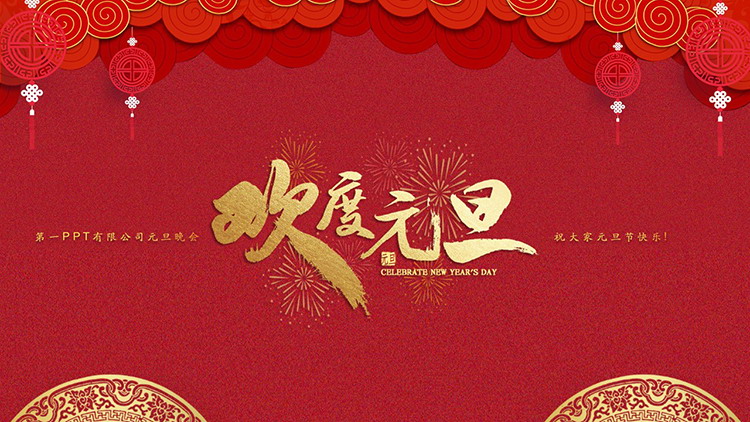New Year's Day, January 1 of the Gregorian calendar, is commonly known as "New Year" in most countries around the world. Yuan means "beginning", and the beginning of any number is called "yuan"; Dan means "day"; "New Year's Day" means "the initial day". "New Year's Day" usually refers to the first day of the first month in the calendar.
In our country, the word "New Year's Day" has existed since ancient times. It was first seen in the "Book of Jin" in literary works. "New Year's Day" in the history of our country refers to the "first day of the first month". The calculation method of "first month" was very inconsistent before the period of Emperor Wu of the Han Dynasty. The date of New Year's Day (the first day of the first month) in the past dynasties was not consistent.
After the Revolution of 1911, in order to "make Xia Zhengzheng, so it follows the agricultural season, and follow the Western calendar, so it is convenient for statistics", it was decided to use the Gregorian calendar in the first year of the Republic of China (actually used in 1912), and stipulated that January 1 of the Gregorian calendar was the "New Year", but it was not It's not called "New Year's Day". In 1949, the People's Republic of China adopted January 1st of the Gregorian calendar as New Year's Day, so "New Year's Day" is also called "Gregorian Year", "New Calendar Year" or "Gregorian Calendar Year" in China.

 Send Email
Send Email 086-13564637666
086-13564637666